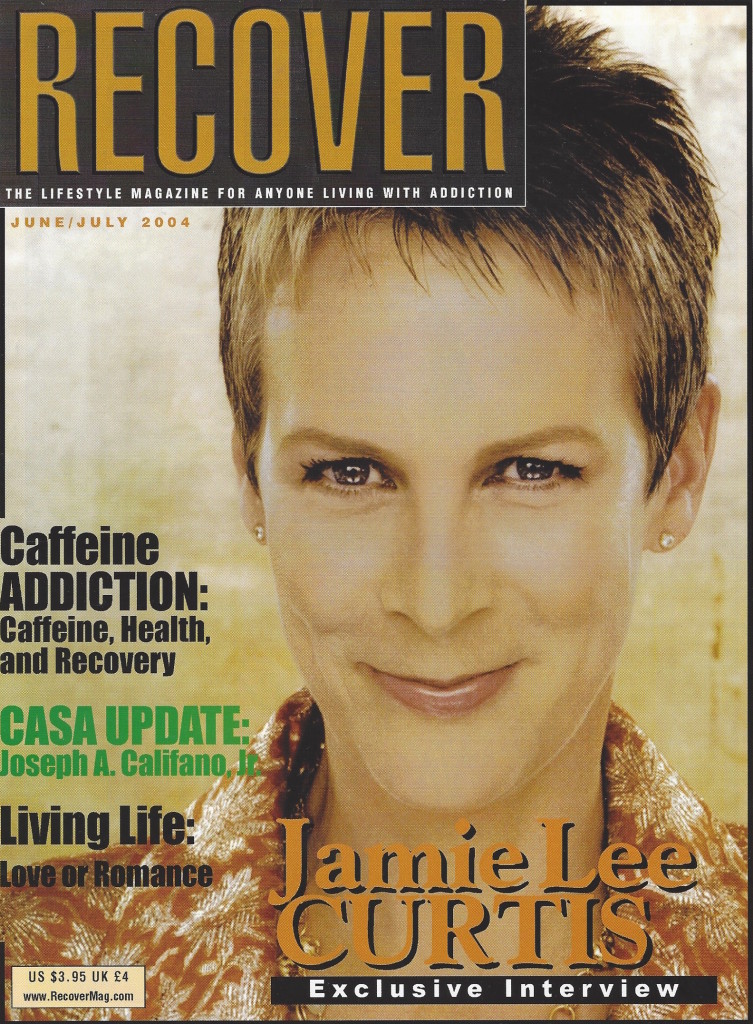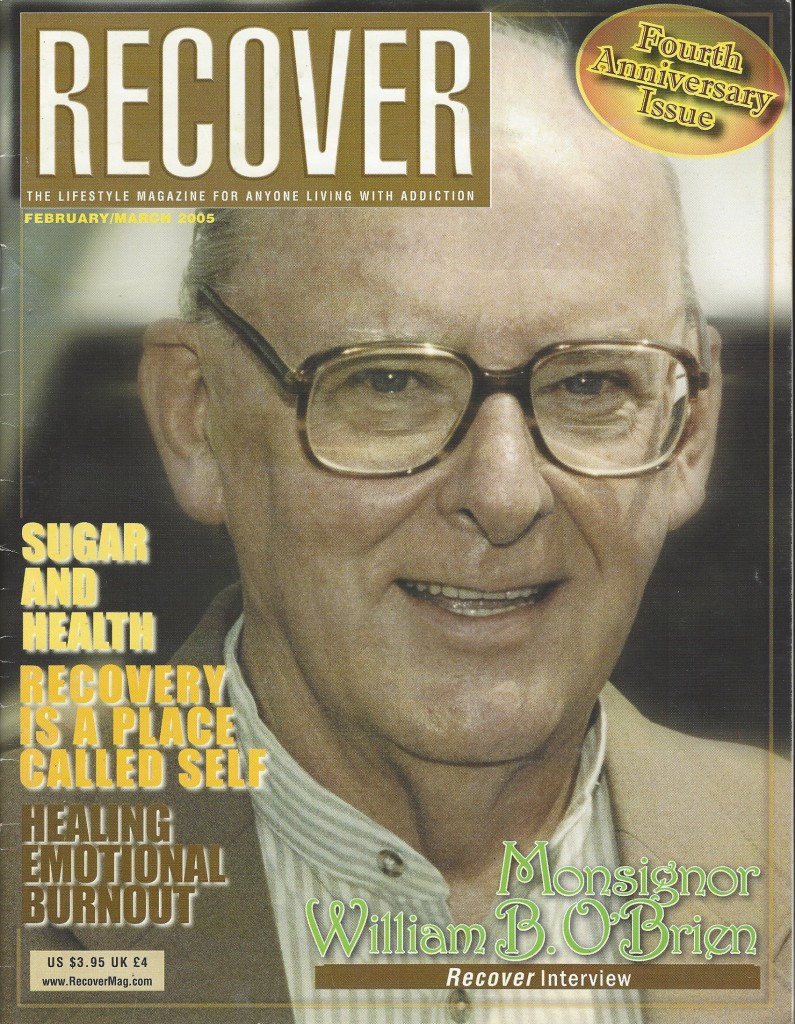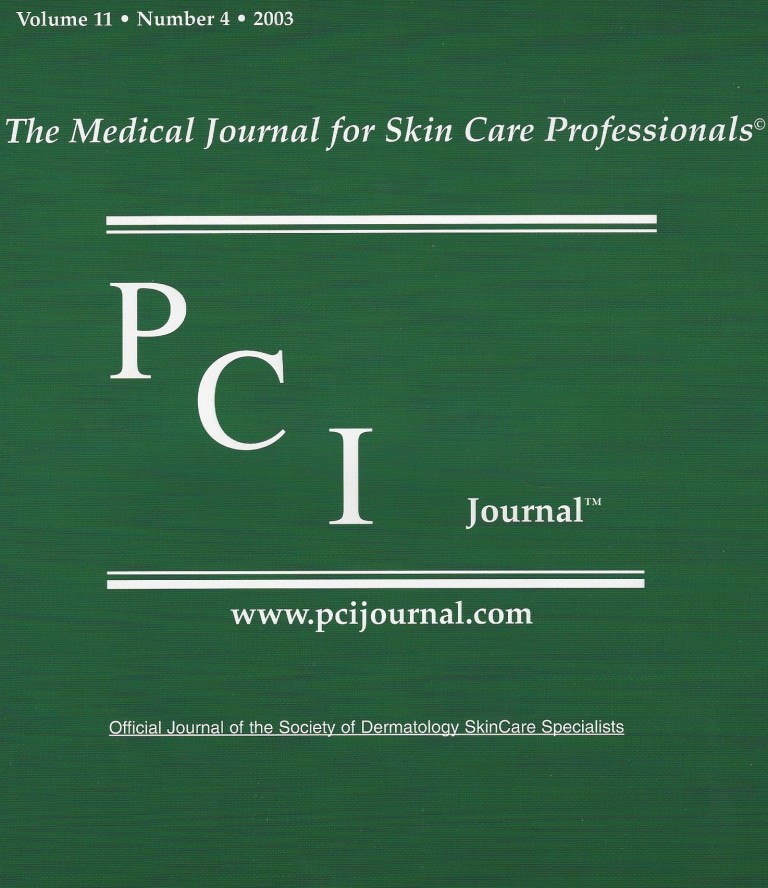“Sugar and Health” From RECOVER Magazine by Jeffrey Rose, New York Hypnotist & Nutritionist
From RECOVER by Jeffrey Rose, New York Hypnotist & Nutritionist
Summary of “Sugar and Health” article: The consumption of sugar and refined carbohydrates in the American diet is very high. Sugar and refined carbohydrates create ill health in a multitude of ways, affecting insulin secretion and its efficiency, glucagon’s role in the body, obesity, blood pressure, cholesterol levels and mental health. Sugar is also an addictive substance. Refined carbohydrates can come in many disguises (for example, fruit juices) in the ingredients list on food products and people in general, underestimate how much they are actually consuming, and how it may be contributing to the ill health they are experiencing. With 65% of Americans overweight, it is vital that sugar’s effect on the human body is well understood so people are able to take the creation of optimum health into their own hands.
For most of the history of humanity man ate a diet of wild game and natural vegetation including some seeds, nuts, and fruit during certain seasons. In our era, with the advent of processed foods, mankind’s diet has undergone a radical change. People are eating foods that never existed in nature before, foods which the body was never designed to utilize. The result is that the heavy consumption of refined sugar, and refined flour products too, has led to serious health problems for those who regularly eat them. Today 65% of Americans are overweight, and 27% are clinically obese. Even children are starting to show more and more symptoms of this growing health problem. Diabetes is starting to appear more frequently in the very young. When we look at the diet of the typical American, it is easy to see how this has happened. The average American each year consumes 125 pounds of sugar in the form of 300 cans of soda, 200 sticks of gum, 18 pounds of candy, 50 pounds of cakes and cookies and 20 gallons of ice cream. I want to make clear just how much sugar is found in the sodas people are drinking each day. There are 7 to 8 teaspoons of sugar in some form, in the average soda drink. If you have a soda at lunch, one as a snack in the afternoon, one with your dinner, and one as you watch TV or go out for a final snack later in the night, you have consumed 28 spoonfuls of sugar.
Americans are also consuming too many foods which are made from highly refined flour, which act just like sugar in the body, such as pasta, bread and cookies and cakes. In addition to all the many obvious sources of sugar in the typical American diet, sugar is used as an inexpensive additive to improve the taste of many items in which the producers in order to increase profits use cheaper inferior ingredients or use less expensive ingredients. Among these items, you may have guessed, because they taste so sweet, are ketchup, and jams and jellies, which really should have no added sugar and should be made primarily from the fruit. Fruit flavored drinks and fruit flavored yogurts, and especially, sweetened canned fruit have unnecessarily large amounts of sugar in some form in them. But it is also surprising how much sugar, unhealthy sugar, is found in items like peanut butters, bread, soups, pickles, mustard, canned dishes like baked beans, and salad dressings. Even American’s general idea of proper cuisine contributes to this problem. Making potatoes a staple at almost every meal has been an additional negative health factor. Potatoes, among all other vegetables, are the one of the most likely to affect the body in the same way as refined sugar.
A surfeit of carbohydrates in any form will lead to gaining weight and eventual obesity, but it is sugar in all its forms, and refined flour in our diets that do the most harm. They lead to a fast rise in blood sugar, which causes the pancreas to produce a large amount of insulin to lower our blood sugar quickly, because high blood sugar is dangerous to our health. Unfortunately, this strong dose of insulin makes the blood sugar drop below our normal level and makes us feel down in mood. In order to compensate for this psychological effect, we are driven by cravings to seek an immediate repeat of our ingestion of sugar to again raise our blood sugar to make ourselves feel better, and so the cycle continues on and on. This results in our taking in more calories than are necessary to supply energy to the body. The end result is overweight and eventual obesity. The high amounts of insulin also have other deleterious effects
They make the insulin receptors become less and less sensitive, requiring the pancreas to produce larger and larger amounts of insulin each time, to deal with same amount of high incoming sugar. Eventually the receptors become very insensitive to the incoming insulin, and the person has developed a condition referred to as insulin resistance.
Insulin resistance aggravates another problem which results from the production of insulin in the body. When insulin in the body is high, another hormone called glucagon is low. Glucagon is a hormone which promotes the release and utilization of fat from the fat storage cells for energy. So that when glucagon is present, you will be burning and thus reducing your fat stores. In other words, you will be losing weight and the weight will be a loss of fat. However, the high level of insulin in insulin resistant people keeps them from burning any of their fat stores. They can only burn incoming sugar and carbohydrates, and when they are depleted, they will begin to break down and use muscle tissue as a source of energy. This is, again, because the insulin has blocked getting access to the body’s fat by blocking the production of the necessary hormone, glucagon. Now you understand why people who have eaten a lot of sugar, and sugar acting foods like refined flour and grains, and potatoes, in their life all the time have had trouble losing weight, or permanently keeping off any weight they have lost through extreme measures like very strict diets or fasting.
Eventually people on these refined high carbohydrate diets exhaust their pancreas, which stops generating any insulin at all, and they become diabetic, and must take insulin regularly to keep their blood sugar from staying at dangerously high levels.
DonutsThere is another serious problem with too much sugar, sugar addiction. For many years people have spoken of sugar addiction because of the seemingly addictive behavior of people who have a strong desire for foods with sugar. However, it is only recently that it has been scientifically been shown to be a genuine addiction. Rats fed sugar showed classic signs of withdrawal when their sugar “fix” was taken away from them. When they were allowed to eat sugar again, they binged on it. The sugar had triggered natural pleasure producing opioid in their brains. The effect is similar to morphine and heroin, though not as powerful. Actual studies of these animals’ brains showed an accelerated growth of dopamine receptors in the nucleus accumbens in their brains. This helps explain why people who eat sugar regularly, have strong cravings and seek a sugar “fix” many times throughout their day.
You are probably addicted to sugar if you have the following: if you have cravings for food containing sugar, if you can’t stop eating after one piece of candy or one bite of cake or other baked goods; if you can’t go for more than a few hours without experiencing a letdown with fatigue or irritability or anxiety; if you have to have your sugared coffee and donuts or other baked goods every morning and have and eat candy and other sweets in your home all the time; if you regularly drink sugary sodas during the day to give yourself a pick-me-up because you’re dragging.
Nutritionally, refined sugars present another problem. It takes vitamins and minerals to digest and assimilate ingested refined sugars. Unprocessed sugar cane juice is rich in vitamins and minerals and provides some nourishment to the body, though it is still too high in sugar to be good for the body. But refined sugar is an empty calorie, which uses up valuable vitamins and minerals in order to be digested without supplying any of them. Thus, eating a lot of refined sugars depletes the body of these valuable health promoting factors. That’s why, you now can understand, even overweight people who have become so because of large amounts of sugar in their diets, can actually suffer from malnutrition.
Here’s a list of some of the negative health effects of sugar on your health, and the refined flour products and potatoes that act like sugar within the body. Sugar can:
… cause an increase in insulin being generated in the body
… cause an increase in insulin sensitivity
… over stress the pancreas causing damage
… cause diabetes … cause weight gain and obesity
… produce a significant rise in triglycerides
… reduce helpful high density cholesterol, known as HDLs
… promote an elevation of harmful cholesterol, known as LDLs
… increase total cholesterol
… cause atherosclerosis
… increase systolic pressure
… cause hypertension
… upset the body’s mineral balance
… promote tooth decay
… cause hyperactivity, anxiety, concentration difficulties, and crankiness
in children
… lead to alcoholism
… cause depression
If you are seriously craving sugar, you should avoid all sugars. The following is a list of sugars and sweeteners that act like sugars, though you may not have recognized them as sugars before reading this article. Of course, if a label just says “sugar,” you will avoid that too!
AVOID THESE SWEETENERS: corn syrup, fructose, high fructose corn syrup, honey, sucrose, maltodextrin, dextrose, molasses, rice milk, almond milk, white grape juice, fruit juice sweetened, brown rice syrup, maple syrup, date sugar, cane sugar, corn sugar, beet sugar, succanat and lactose.
There are many other points to be made if one wishes to guide oneself correctly. Raw sugar and brown sugar, which was at one time sold in a lot of health food stores and still may be found in some supermarkets, is actually highly refined white sugar with some molasses put back in to give it brown color. Fructose doesn’t increase leptin, a hormone that decreases your appetite, and doesn’t suppress ghrelin, the hormone that makes you hungry. Thus, people who eat food containing fructose are likely to take in more calories, not less. And remember, almost all simple sugars, fructose included, and not just refined white sugar, are metabolized quickly and raise insulin levels too quickly. Just like refined white sugar, they play a role in creating insulin resistance. In addition, fructose is converted into triglycerides more efficiently than glucose elevating triglycerides that are linked to an increased risk of heart disease. Fructose converts to fat more readily than any other sugar, and some believe its prevalence in our present food supply has made it an important factor in making Americans fatter and fatter.
Eating small amounts of fruit will not provide unhealthy large amounts of natural fructose, but fruit juices are best avoided as being too high in fructose for the body to assimilate without generating too much insulin. Aside from limited amounts of fruit, avoid fructose in food just as you would table sugar. One of the best ways to limit your intake of fructose, in general, is to eliminate soda and fruit juices from your diet.
Most artificial sweeteners are increasingly considered to be unhealthy for the body. Aspartame is the technical name for the brand names NutraSweet, Equal, Spoonful, and Equal-Measure. Aspartame, which is frequently found in diet sodas, accounts for over 75 percent of the adverse reactions to food additives reported to the FDA. Many of these reactions are very serious. In addition, Aspartame suppresses serotonin production, the chemical in the brain that contributes to your feeling satisfied after a meal. The end result from ingesting Aspartame, just as it was from people eating fructose, is that people are less satisfied with their food and tend to eat more. Diet sodas may actually be increasing your total intake of calories.
Finally, artificial sweeteners in general, just like real sugar, give you an intense experience of tasting something sweet, which psychologically stimulates cravings to consume even more sweet tasting things.
In general, you will be better off health wise if you only buy products that say “no sugar added.” Jams should say fruit only. Often fruit juices are added to the food item, but don’t be fooled, this is an unhealthy form of concentrated sugar too, even though it is originally from fruit. And remember, cocaine and heroine are derived from natural sources, but no one would say they are good for your health. A lot of poisons start out as plant material too. So do not be fooled by people who insist certain sugars are healthy because they are made from natural sources.
YOU ARE READY TO GET HEALTHIER AND FEEL BETTER
Always keep in mind
Sugar is nutritionally worthless and is full of fattening calories Sugar creates cycles of emotional highs and lows, and is chemically addictive Sugar is very bad for your body’s health
READ FOOD LABELS
If sugar appears in the ingredients in the first few listed items:
DO NOT EAT THAT PRODUCT
Always keep in mind except for occasional fruit, it is best if you avoid eating any sugar at all.
Many people are addicted to sugar and should avoid all sugars permanently for optimal health.
And remember refined flour products in bread, bagels, pasta, and cookies and cakes, act just like sugar in your body, as do potatoes and potato products too.
We must eliminate refined food products from our diets and choose carefully, selecting high-fiber, non-starchy vegetables as our carbohydrate choices. In this way, we generate less insulin and avoid any insulin resistance and the adverse health effects that result. Remember, even fruits that are relatively low in carbohydrates will generate some insulin in the body to deal with the sugars they contain. Since one of the goals of low-carb eating is to generate as little insulin as possible, enjoy eating fresh fruit, in reasonable moderate amounts. On the other hand, dried fruits should be much more limited because they have a high concentration of sugars. And remember, as noted above, fruit juices are too high in sugars to be appropriate for a low insulin generating diet. Berries, on the other hand, are a good choice.
Take a moment to realize that you are on a new healthier path in life. Now you have all the knowledge necessary to take with you as you pursue your new healthier lifestyle, free from the deleterious effects of refined sugars and refined flour, knowing that the addition of potatoes to your meal is never a healthy choice. And, as you journey along your new path, notice how much more interesting and tasty your, now, sugar- free food begins to taste. Perhaps it will happen sooner or perhaps a little further along. Stop now, and imagine how it is in the future when you no longer even crave any sugar and thoroughly enjoy how natural food tastes, and how much you really enjoy it. Of course, you enjoy life more, filled with a new sense of release and freedom as past restraints melt effortlessly away, and disappear. You flow naturally along your new sugar-free path, the path you always wanted for yourself, and you realize you love your new way of life and would never go back.












